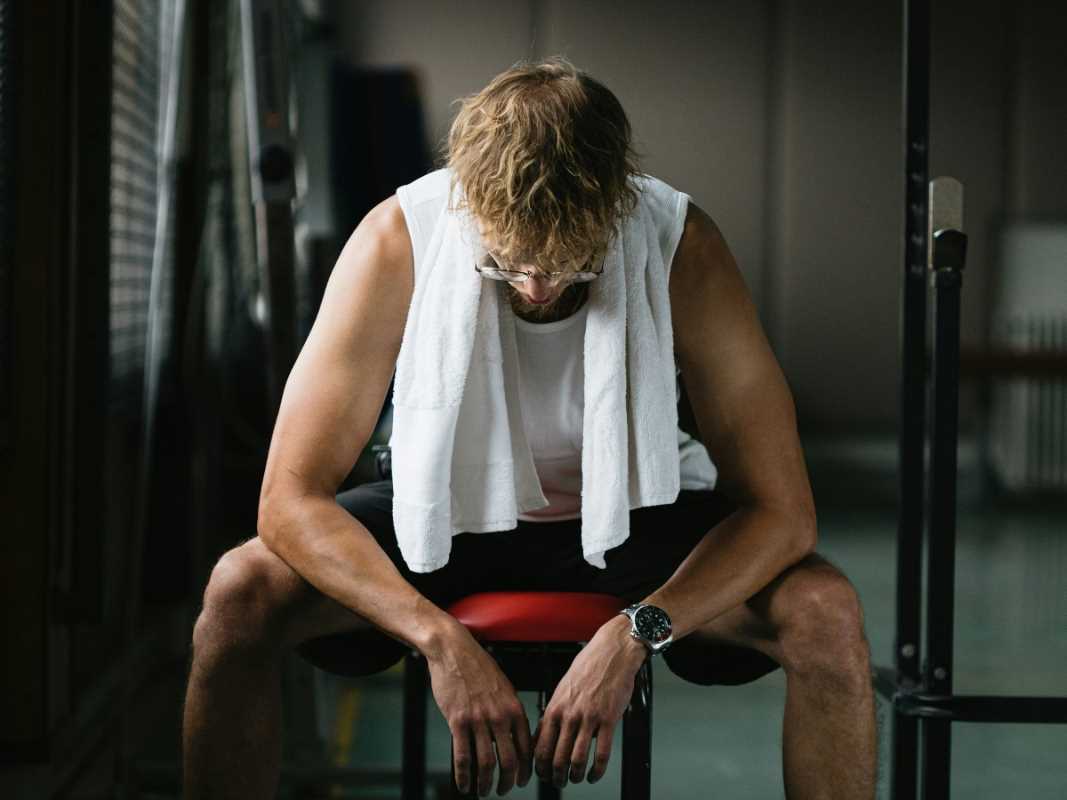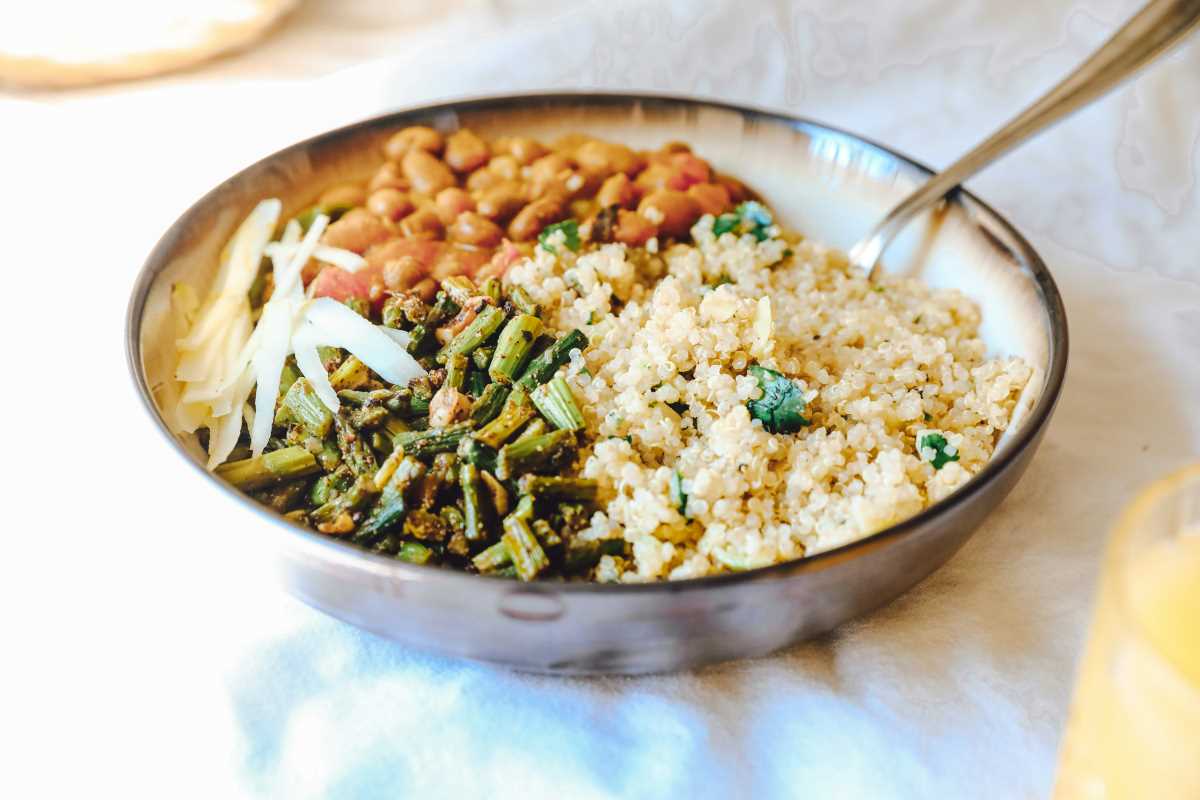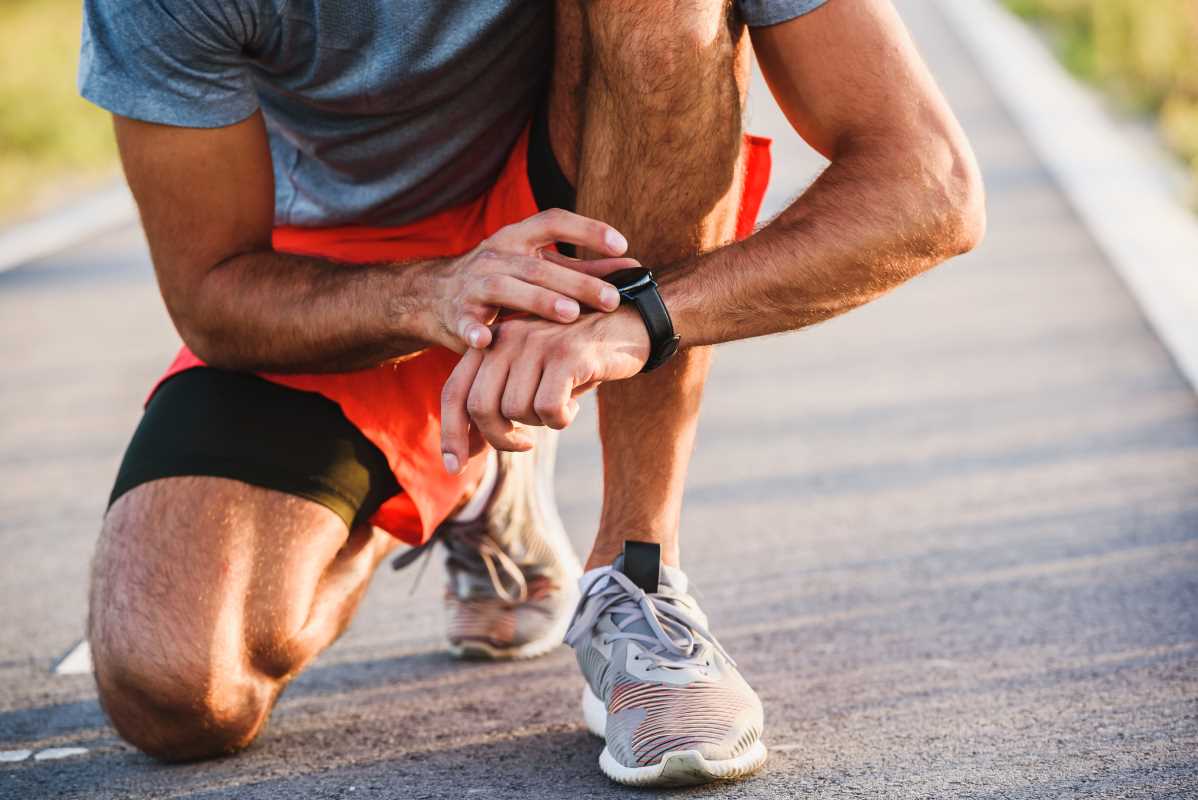Ever catch yourself getting winded walking up a flight of stairs? Or maybe you're huffing and puffing after a quick jog around the block? Don't worry – we've all been there. The good news is that you can actually train your lungs to work better, just like you can train your muscles. And when you're living the single life, having better lung function means more energy for everything you love doing.
Why Your Lungs Matter More Than You Think
Think of your lungs as your body's power supply. They grab oxygen from the air and send it to every cell in your body. Better lungs mean:
- More energy for those late-night adventures
- Less fatigue during your morning workout
- Better stamina for dancing the night away
- Improved focus at work (hello, career goals!)
- More confidence in physical activities
Plus, when you can breathe easily, you just feel better overall. And feeling good? That's attractive.
The Science Made Simple
Your lungs are basically like balloons inside your chest. When you breathe in, they expand to suck in air. When you breathe out, they squeeze to push air out. The stronger the muscles around your lungs get, the better they work.
Exercise helps in two main ways:
- Strengthening your breathing muscles – These are the muscles that help your lungs expand and contract
- Improving your lung capacity – This is how much air your lungs can hold
Best Exercises for Lung Health
Cardio is Your Friend
Walking and Jogging
Start simple. A 20-30 minute walk at a pace where you can still chat (even if it's just to yourself or your dog) is perfect. As you get stronger, pick up the pace or add some hills.
Swimming
This one's gold for your lungs. Swimming forces you to control your breathing in a rhythmic pattern. Plus, the water pressure actually helps strengthen your breathing muscles. No pool? No problem – even water jogging in the shallow end works.
Cycling
Whether it's a bike ride through the park or a spin class, cycling gets your heart pumping and your lungs working. Start with flat terrain and work your way up to hills.
Breathing Exercises You Can Do Anywhere
Diaphragmatic Breathing
Lie down and put one hand on your chest, one on your belly. Breathe in slowly through your nose, making sure the hand on your belly rises more than the one on your chest. This trains your main breathing muscle – the diaphragm.
Pursed Lip Breathing
Breathe in through your nose for 2 counts, then breathe out through pursed lips (like you're whistling) for 4 counts. This helps keep your airways open longer and gets more air out of your lungs.
Box Breathing
Breathe in for 4 counts, hold for 4, breathe out for 4, hold for 4. Repeat. It's like meditation for your lungs and great for stress relief too.
Strength Training for Your Lungs
You might not think of lifting weights as lung exercise, but it totally counts. When you do strength training, your muscles need more oxygen, which makes your lungs work harder. Plus, a stronger core helps support better breathing.
Try:
- Push-ups
- Planks
- Squats
- Basic weight lifting
Start light and focus on your breathing during each exercise. Don't hold your breath – that defeats the purpose!
Making It Work for Your Single Life
Workout Buddy Alternative
Join fitness classes or running groups. You'll meet people while improving your health – win-win!
Home Workouts
No gym membership? YouTube has tons of free cardio and breathing exercise videos. Perfect for those nights when you want to stay in but still get moving.
Active Dating
Suggest active dates like hiking, mini golf, or dancing. You're working on your lung health while potentially meeting someone special.
Travel-Friendly Options
Breathing exercises and bodyweight cardio work anywhere. Hotel room workouts keep your routine going even when you're exploring new places.
Building Your Routine
Week 1-2: Start Slow
- 15-20 minutes of walking, 3 times a week
- 5 minutes of breathing exercises daily
Week 3-4: Add Variety
- Mix in some light jogging or swimming
- Try a beginner fitness class
- Increase breathing exercises to 10 minutes
Week 5+: Challenge Yourself
- Add hills to your walks
- Try interval training (alternate between fast and slow paces)
- Include some strength training
Quick Tips for Success
- Consistency beats intensity: 20 minutes three times a week is better than one grueling hour-long session
- Listen to your body: If you're gasping for air, slow down
- Stay hydrated: Your lungs work better when you're properly hydrated
- Check your posture: Slouching compresses your lungs. Stand tall!
- Quit smoking: This one's obvious, but worth mentioning
When to See a Doctor
If you experience chest pain, extreme shortness of breath, or dizziness during exercise, stop and talk to a healthcare provider. Also, if you have asthma or other lung conditions, get clearance before starting any new exercise routine.
 (Image via
(Image via.jpg)





